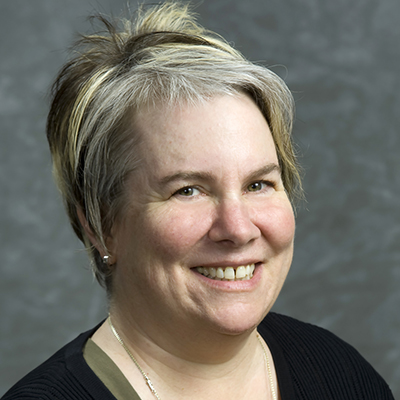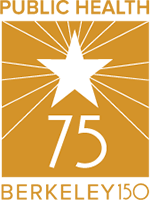
“My ‘Berkeley moments’ happen every time I’m in the classroom, being challenged by thoughtful students committed to changing the world.”
Lori Dorfman DrPH ’94, MPH ’89 has served as the director of Berkeley Media Studies Group (BMSG) since 1998. Dorfman oversees BMSG’s research, media advocacy training, strategic consultation, and education for journalists. She also consults with programs across the U.S. on a variety of public health issues, helping them apply the principles of media advocacy. Her research examines media portrayals of public health issues, including children’s health, food and beverage marketing, nutrition, breastfeeding, violence, alcohol, tobacco and other drugs. She has co-authored major texts on media advocacy and currently co-chairs the Food Marketing Workgroup, a national coalition dedicated to eliminating harmful food marketing.
On public health and the challenges we face
Public health is important because it touches every part of every community, from the air we breathe, the water we drink, the food we eat, the jobs we hold, the sidewalks we walk, to the places we sleep. In a society like ours that gives primacy to rugged individualism, one of the biggest challenges we have in public health is helping people see and understand the current and historical forces that create the conditions that surround us. If we can improve those conditions, we can improve health for everyone.
Secrets for success
My biggest touchstone for success in public health is collaboration. It’s when we work together, across sector and across time, that we succeed.
A change to one U.S. policy that would transform public health
Just one? If we repealed the Second Amendment, as former Supreme Court Justice John Paul Stevens suggests, we could save tens of thousands of lives. If we eliminated the tax subsidy for junk food marketing that targets kids we could prevent diabetes now and in the future. If we properly subsidized child care and instituted paid family leave we could change the life course for a generation of children and their families. With the right policies for affordable housing, mental health and substance abuse treatment, we could eliminate homelessness. If we remove the loophole for commercial property in Prop 13, California schools could again be in the top 10 in the nation which would benefit the health of every student in every community. If we reformed our criminal justice system and properly support families, we could have thriving communities.














